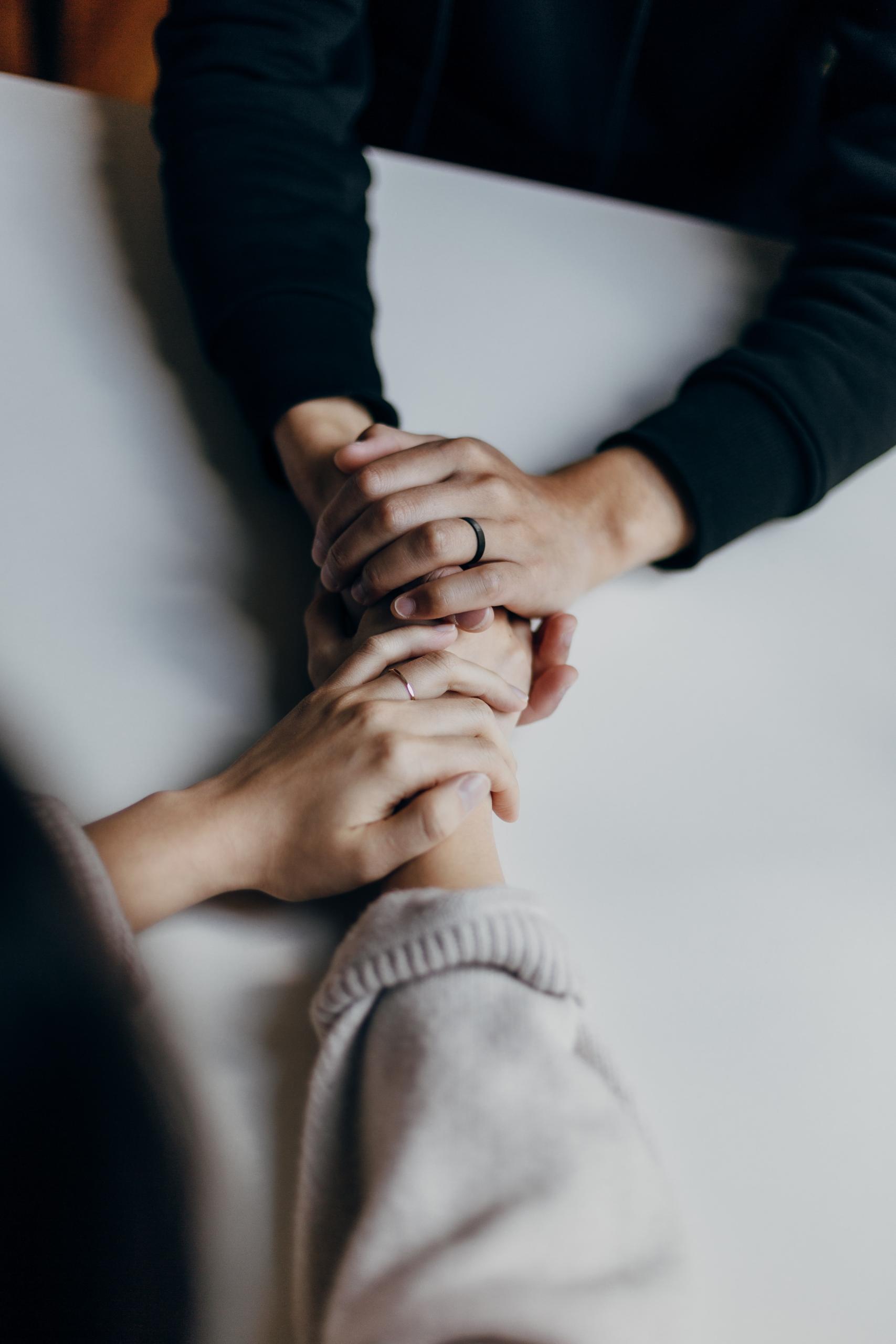So you’re the parent of a stroppy teen. Maybe that teen is a young adult who just started university, is flunking horribly, and comes home each day wailing about the ills of society in another bout of aggressively woke hubris. Or maybe they’re not at university, but would rather bury themselves in an endless stream of TikTok videos than give a second’s thought to the prospect of gainful employment. Either way, your little darling has become a skilled perpetuator of round-the-clock confrontation.
For many of us, COVID-19 felt like a blip in time when we worked from the comfort of our couches, bought nonsense off Amazon, and obsessed over soaring cases until, eventually, life returned to normal. It was, in reality, little more than an uncomfortable inconvenience. But things played out differently for young people. What might have been a period of mind-numbing boredom for some turned out to be fundamentally lifechanging for others at a pivotal stage in their lives. The pandemic took “angsty teen” and exploded it into a societal phenomenon worthy of serious attention.
We’re talking mainly about people between 18 and 21 years of age. With the sudden disappearance of “normal” milestones generations before had blissfully enjoyed — graduations, major birthdays, stints abroad, clubbing debuts — young people have been left with a feeling of deflation, isolated and “behind” in their development. Like any skill, social skills need to be worked on and refined. Without the ability to exercise and hone these tools, when communication was reduced to the exchange of memes and anguished texts, young people lost — or simply failed to develop properly — the ability to interact in person, understand physical cues, and read body language and emotion.
In a quest to better understand such a broadly unacknowledged side-effect of COVID, I spoke to Laura Beddoe, Clinical Psychologist at Headspace, Australia’s National Youth Mental Health Foundation.
“Something I have noticed a lot in my clients is an increase in social anxiety and separation anxiety due to the pandemic,” Beddoe said.
“When it comes to social anxiety, a lot of young people have found it extremely difficult to make friends and use social skills. They are also constantly feeling like they’re being judged and criticised by others. These feelings were particularly prevalent in people that had finished high school and had moved into university during the pandemic.”
Compounding this apparent spike in social ineptitude is a powerful sense of loss. Many young people didn’t get — and will never get — to know what it was like to attend a school ball. They will never get to show a bouncer ID on the day of their 18th and proclaim that, yes, now they are of age. They will never feel that excited terror that comes with shipping out solo to another country right out of school. These are rites of passage — brief but glorious moments in the long and bumpy process of growing up.
It is not just the loss of these milestones, but the loss of an identity that comes with them. And with a loss of identity comes self-doubt. So, how could these young people possibly be as socially capable as generations before? They were thrust into a massive and complex world even less prepared than they might have been otherwise.
And so there remains the central question: How can we rebuild the scaffolding that helped them transition to adulthood before COVID?
According to Beddoe, it is imperative that parents model positive coping strategies and encourage social activities, such as reentering the workplace.
“The workplace is a strong protective factor for young people as it gives them a sense of independence and helps promote social skills,” she said.
“In a job you have some commonality there, so there is always something to talk about in regards to the work which helps facilitate conversation, whereas in just a purely social setting without that work element it can be a lot more tricky.”
And while policing online activities is one of life’s great challenges, it is important to have transparent conversations with young people about the content they are consuming, and to encourage time away from their phones to connect with others in person.
“Promoting exercise when they’re feeling stressed is a great way for them to unwind and offering a safe space for them to express their feelings and cry is important too when it comes to overcoming anxieties,” Beddoe added.
Now, with the ability to travel, dance, kiss and hug our loved ones reinstated, life feels as it once was. Masks are no longer mandatory. Conversations around the vaccine have diminished and thankfully so. Only small remnants of the pandemic still remain part of our lives. But some of us are still struggling. So the next time things kick off at home, it would be worth remembering that when the pandemic was handing out blows, it did not do so in equal measures for all.
